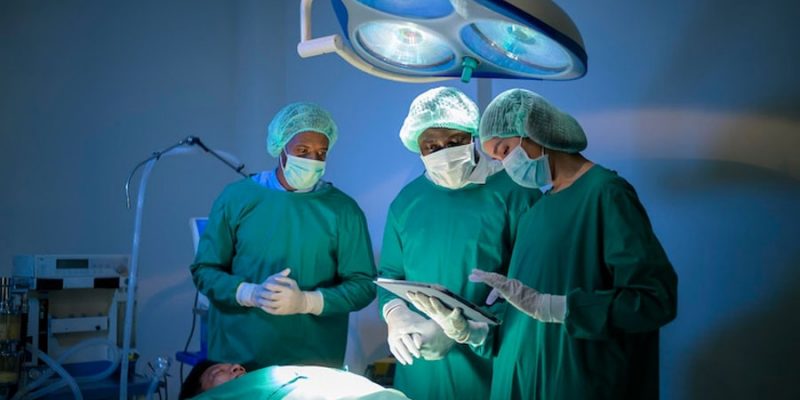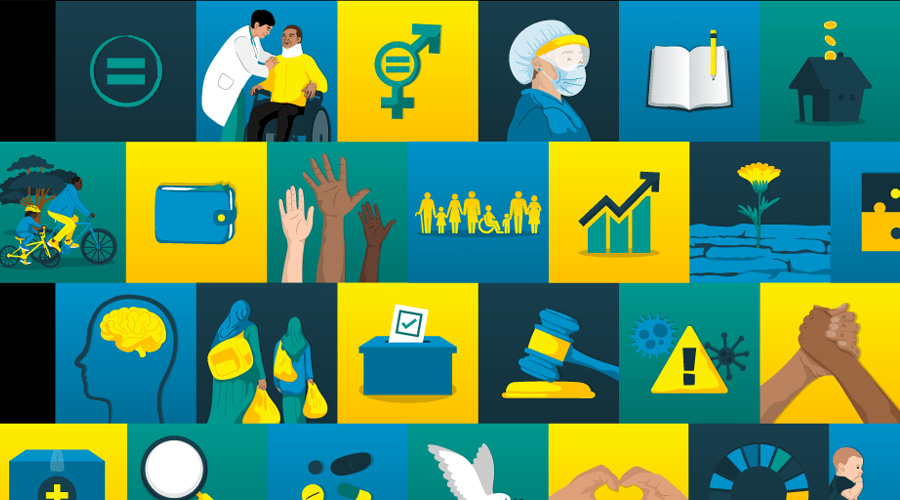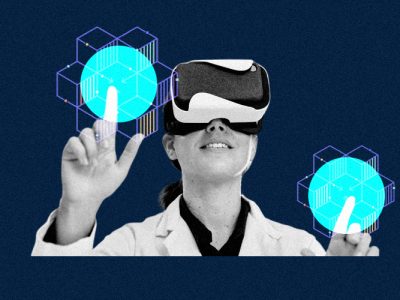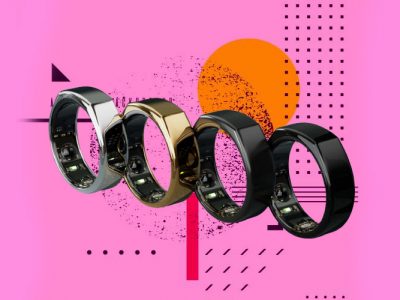
Over the past ten years, technological advancements have given healthcare the best tools to combat deadly diseases like cancer
The year is 2030. Your public healthcare provider just gave you the results of a whole genome sequencing test, and you just learned that you have a 75% probability of getting a rare type of cancer. How effectively will 3D bioprinted organs, smart toilets, and micro-robots be used by 2030?
Your genomic data was immediately uploaded with your consent to your electronic health record (EHR), which is completely secured with blockchain technology, so you don’t need to worry. Your doctor has access to the sequencing results, and quantum computing and artificial intelligence (AI) will analyse these data and aid the doctor in future clinical decisions. You might be fortunate enough to have priority access to a cancer vaccination that is already available. As an alternative, you can enrol right away in decentralised third-phase clinical studies for vaccines.
However, if this is not the case and your propensity to contract the disease in the future persists, your healthcare practitioner will take action to make an early diagnosis, which will enhance your prognosis. Biomarker detection is a function of remote patient monitoring technology, which is available in smartwatches and smart home appliances like smart toilets. Personalized medication will be your best therapeutic option if there is no vaccination yet and the cancer has spread. By 2030, the market for personalised medicine will be worth $93 billion, and a variety of therapies will be offered. Your own stem cells will be used to build 3D bioprinted organs, which will provide effective organ replacements and eliminate the hazards involved with transplanting an organ from another person. While gene therapy enables the introduction of new genes into malignant cells to cause their death or restrict their growth, cell treatment promotes tissue repair and regeneration at the site of the tumour.
Finally, your neighbourhood smart hospital will take excellent care of you if you need surgery to remove a tumour. Expert surgeons will perform telesurgery, made possible by augmented reality (AR), virtual reality (VR), and surgical robotics, enhancing your anticipated recovery time and the success of your procedure. These surgeons may not even be based at the hospital itself. If you’re lucky, you might even take part in clinical studies using tiny robots to perform minimally invasive surgery, especially on the nervous system.
Micro-robots:
One day, a trip to the hospital for a serious sickness might end with an injection of medical micro-robots rather than surgery or medicine bottles. Microrobots are essentially microscopic-scale automated machines that are created to carry out specific movements in response to particular stimuli. However, due to their small size, they are capable of moving through the body to carry out tasks that a regular robot is not capable of. For instance, they may remove plaque-clogged arteries, take highly precise tissue samples, or treat dangerous tumours from the inside.
Smart toilets:
The basic toilet, in Bill Gates’ opinion, needs an upgrade. The former Microsoft CEO turned philanthropist has been advocating for the creation of low-cost, high-efficiency toilets for the last seven years in order to provide proper sanitation to the world’s most underdeveloped regions. But even while Gates is in favour of providing underdeveloped countries with new toilets, other campaigners want to replace the toilet bowls in every bathroom in the globe.
Even though everything in modern society is interconnected and intelligent, Sameer Berry, a gastroenterologist-in-training based in Los Angeles who just wrote an essay on toilet technology, feels that the bathroom is still mostly untouched. Since hundreds of years ago, hardly much innovation has occurred there.
According to Michael Lindenmayer, the co-lead for smart sanitation and digital health at the Toilet Board Coalition, a group of companies and charities working to improve sanitation throughout the world, smart toilets could even provide insights about public health. The Geneva-based organisation is collaborating with the Indian city of Pune and the European Space Agency to gather information from smart toilets in public restrooms as well as satellite images of the environment and the weather. The objective is to provide medical authorities with proof of a condition before it spirals out of control.
3D bioprinter organs:
Recent statistics show that the average cost of an organ transplant in the United States can rise to well over $1 million. Additionally, more than 113,000 individuals in the United States are presently on the organ transplant waiting list, according to United Network for Organ Sharing (UNOS).
According to Anne Paschke, a UNOS representative, “just 1 to 2 percent of the population dies in a way that makes them possible organ donors.” “More lives will be saved by any technology, including 3D bioprinting, that ultimately reduces the demand for donated organs.” But according to Dr. Atala, the use of 3D printing is also a milestone for medical professionals. Through better surgical planning, the approach can enhance the quality of medical outcomes.
In addition to enhancing patient care, 3D bioprinting is positioned to make it easier for doctors to perform pre-surgery calculations. It seems that there are countless medicinal applications for 3D printing.
Final Thoughts:
In less than ten years, robots will care for patients as doctors use smart home appliances like toilets and mirrors to diagnose illnesses. The entire world will be digitised. These fascinating forecasts are made by Jemima Walker, a thematic analyst at GlobalData, in a brand-new podcast on the state of healthcare in 2030.
Walker projects that by 2030, when there will be 10 billion people on the planet and an ageing population in the majority of wealthy nations, healthcare will be “completely digitalized.”



















